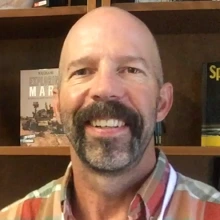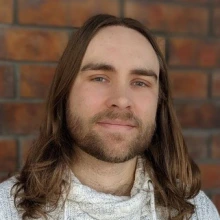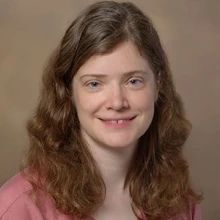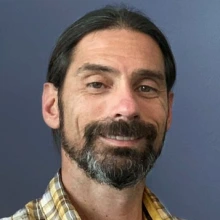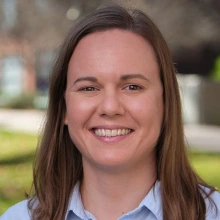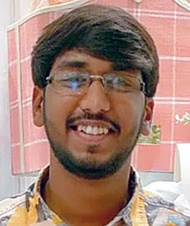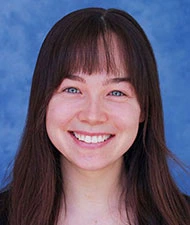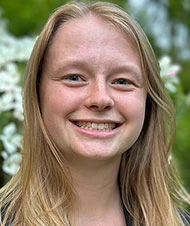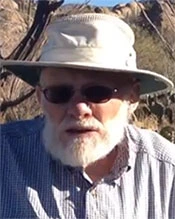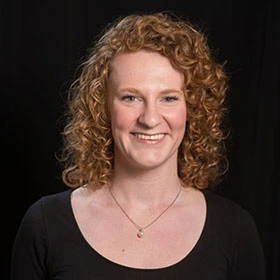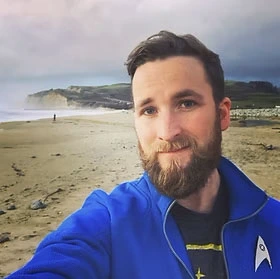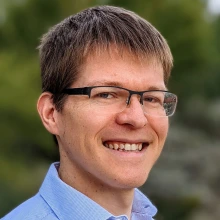
Associate Professor Kristopher Klein has been named a University Distinguished Scholar.
Dr. Klein's research focuses on studying fundamental plasma phenomena that governs the dynamics of systems within our heliosphere as well as more distant astrophysical bodies. He has particular interest in identifying heating and energization mechanisms in turbulent plasmas, such as the Sun's extended atmosphere known as the solar wind, as well as evaluating the effects of the departure from local thermodynamic equilibrium on nearly collisionless plasmas which are ubiquitous in space environments. As part of this work, Prof. Klein is a co-developer of the Arbitrary Linear Plasma Solver (ALPS) numerical dispersion solver, an open source code used for quantifying the behavior of such non-equilibrium systems.
These systems are studied with a combination of analytic theory and numerical simulation, including large-scale nonlinear turbulence codes such as AstroGK, HVM, and gkeyll. These theoretical predictions are compared to in situ observations from spacecraft including NASA's Wind, MMS and Parker Solar Probe mission, as well as the upcoming HelioSwarm mission, which will fly nine spacecraft between the Earth and Moon to characterize the transport and dissipation of turbulent energy in space plasmas. By comparing theory with local plasma measurements, we aim to answer a variety of questions about the behavior of plasma in our solar system. Dr. Klein is the Deputy Principal Investigator of the HelioSwarm mission.
Dr. Klein has advised multiple graduate students, two of whom have successfully defended their Ph.D.s at LPL. He advised a postdoctoral research associate who has since become a research scientist, and has taught four courses at U of A, ranging from introductory 100-level courses through advanced 500-level graduate courses. He has published 118 Articles and has an h-index of 38; his papers have accumulated over 4700 citations.
Dr. Klein has been the recipient of both NASA’s Early Career Investigator Program Award and the American Physical Society’s Landau and Spitzer award for Outstanding Contributions in Plasma Physics. In 2024, Dr. Klein was awarded the Harvey Prize from the American Astronomical Society, in recognition of significant contributions in solar physics research made by an early career scientist. Dr. Klein was awarded for his outstanding contributions to the understanding of space plasma turbulence.
University of Arizona Distinguished Scholar Awards are granted to recently tenured and mid-career faculty who are making transformative contributions to their disciplines and to the university’s purpose, mission and values.


